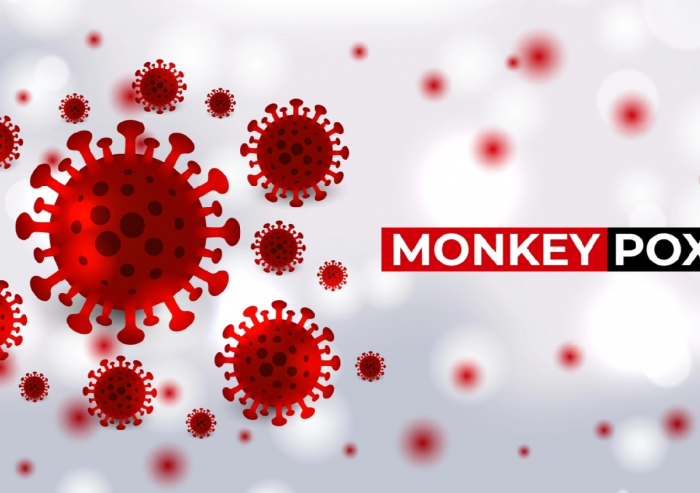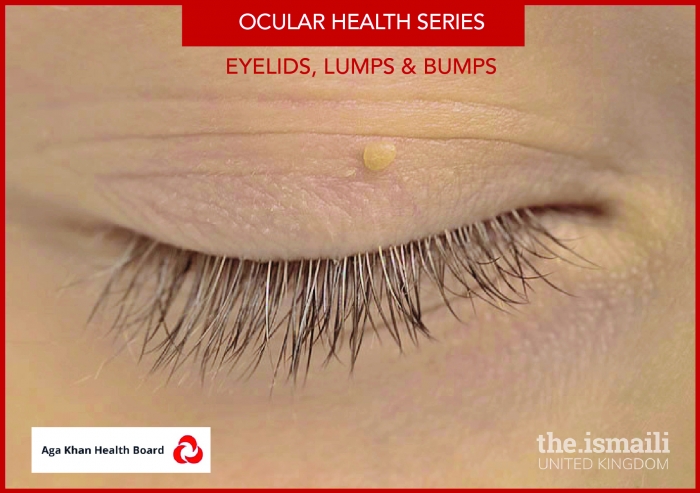As the NHS continues to respond to the second phase of Covid-19, admissions to hospital and GP appointments for non-Covid19 related presentations have sharply reduced. The Government understands this as a combination of different factors that include:
• A change in people’s behaviour, where they previously would have sought out health advice earlier.
• A reduction in the incidence of certain health problems as most people havegenerally stayed indoors or less active e.g reduction in travelling, sports and
accidents.
• Alternative routes to access healthcare such as NHS 111 and online/video appointments
On 29 th April 2020, the UK government requested that over the next six weeks, certain non-Covid-19 urgent services to be restored safely with full attention to infection prevention and control as a guiding principle. They have further requested that certain health services make their own judgments at a regional level in the UK when assessing their capacity to re-start some non-urgent elective care.
As the NHS begins to restart its usual care pathways both in a hospital and GP setting, this can give a sense of uncertainty to patients who may have been awaiting procedures or have had interruptions to care. We have created an FAQ guide below which may be able to help
address some concerns you may have.
FAQs:
1. What do these changes mean for me?
With record low numbers attending A&E and GP consultation, it is important that you seek medical attention if you think you need it. Hospitals and medical centres have put in place policies and facilities for those attending for non-Covid19 reasons.
It is however important to remember that the risk of coronavirus is still present and that you should continue to wash your hands regularly, follow the social distancing advice and stay at home unless advised otherwise by the government (https://www.gov.uk/coronavirus)
2. What counts as a medical emergency?
In an emergency please call 999 AND inform them if you are self-isolating due to symptoms.
Medical emergencies can include:
- signs of a heart attack - pain like a very tight band, heavy weight or squeezing in the centre of your chest
- signs of a stroke - face drooping on one side, can’t hold both arms up, difficulty speaking
- severe difficulty breathing - gasping, not being able to get words out, choking or lips turning blue
- heavy bleeding - that won’t stop
- severe injuries - or deep cuts after a serious accident
- seizure (fit) - someone is shaking or jerking because of a fit, or is unconscious (can’t be woken up)
- sudden, rapid swelling - of the eyes, lips, mouth, throat or tongue
3. I am feeling unwell at home but not with coronavirus symptoms. What should I do?
If you are unwell at home and you do not think it is an emergency, you should get in contact with your GP or NHS 111. The information you provide over the phone when you call, will be used to help the health care professionals prioritise and triage your case. In general there are four main outcomes:
• You may be asked to attend your local A&E or an ambulance will be sent to you where you live.
• You may receive a telephone or video consultation from your GP or practice nurse, depending on what services have been set up. You should agree a plan of what to do if your symptoms get worse.
• Your GP or practice nurse may make a home visit, wearing precautionary PPE.
• You may be advised to attend your GP, community pharmacist or other health professional
4. I think I’m running out of my medications. What should I do?
Most GP practices have established methods of requesting and receiving repeat medications which have continued to run throughout the pandemic. You should continue to follow this and contact your community pharmacist for any dispensing queries.
For any short-term prescriptions or issues that cannot be dealt with by your community pharmacist, GPs have been advised to continue issuing prescriptions when required remotely, often after a telephone or video consultation.
5. I am usually seen by a specialist medical professional, however my appointment has been postponed until later than I think is safe. What should I do?
At the beginning of the pandemic, all services were asked to delay all appointments which were either deemed non-urgent or safe for delay. You may be worried that you are missing out on a treatment that could have started earlier or are feeling unwell from symptoms diagnosed by your specialist medical professional.
Our advice:
• In an emergency, call 999.
• To discuss a flare up of symptoms, repeat prescriptions or concerns, contact your GP or NHS 111 in the first instance.
• For specialist advice on the management of your health condition, contact your specialist service via information on your previous appointment letters.
6. Despite trying to look after my mental wellbeing, I am starting to feel overwhelmed and need support. What should I do?
Staying at home for a long period of time can be very difficult.
It is OK to feel like this – everyone reacts in their own way to challenging events and uncertainty. It is important to remember that although staying at home may be difficult, you are helping to protect yourself and others by doing so.
For further help and guidance:
• There are a number of charities and support groups who can provide support. (https://www.nhs.uk/conditions/stress-anxiety-depression/mental-health-he...)
• You can also contact the AKHB confidentially who will be able to help signpost you to appropriate resources both within and outside of the community
• Your GP will also be able to support you with NHS resources including talking therapies.







